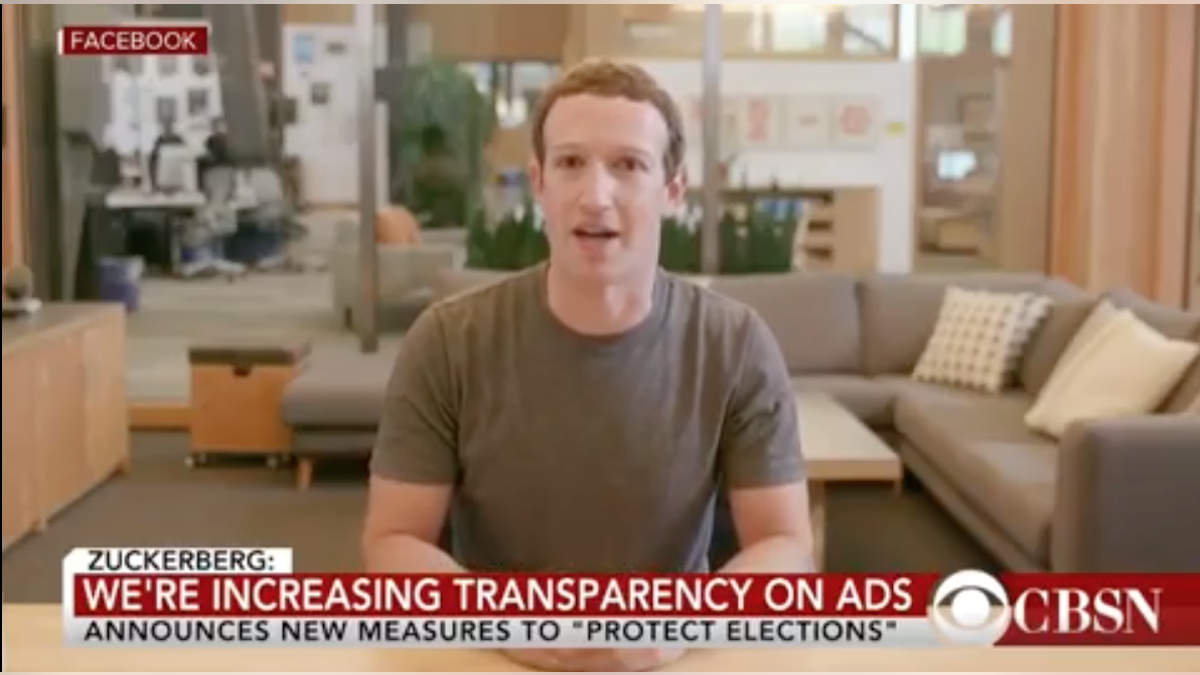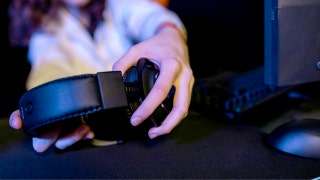Fox News Flash top headlines for June 24
Fox News Flash top headlines for June 24 are here. Check out what's clicking on Foxnews.com
Researchers have developed a new tool that could be a crucial part of the fight against deepfakes.
The tool, which was produced by researchers from the USC Information Sciences Institute, can detect subtle face and head movements along with unique artifacts in video files, and apparently can identify such fakes with up to 96 percent accuracy.
Deepfakes, even amateurish ones like the widely circulated video of House Speaker Nancy Pelosi that was slowed down to make her appear drunk or senile, have become a growing concern and prompted a backlash against Big Tech for not doing enough to crack down on them.
BIG TECH WILL BE FORCED TO DISCLOSE YOUR DATA'S VALUE UNDER SENATE BILL

A number of celebrities and public figures, including Facebook CEO Mark Zuckerberg, have been featured in deepfakes.
Most deepfake detection models look at videos on a frame-by-frame basis to determine if they've been manipulated. However, the USC researchers review an entire video all at once and examine potential inconsistencies in how the subject in the footage moves — which the researchers refer to as "softbiometric signatures" in their published work.
"To contend with this growing threat, we describe a forensic technique that models facial expressions and movements that typify an individual’s speaking pattern. Although not visually apparent, these correlations are often violated by the nature of how deep-fake videos are created and can, therefore, be used for authentication," the researchers write in the study's abstract.
'NOT OK, GOOGLE': EMPLOYEES AND ACTIVISTS PROTEST AT ALPHABET SHAREHOLDERS MEETING
The scientists used a data set of about 1,000 manipulated videos to train its tool, which became adept at figuring out deepfakes of leading politicians and celebrities.
The issue of what do about deepfakes won't be going away anytime soon. Scientists last week revealed a software tool that literally allows you to put words into someone else's mouth.









































